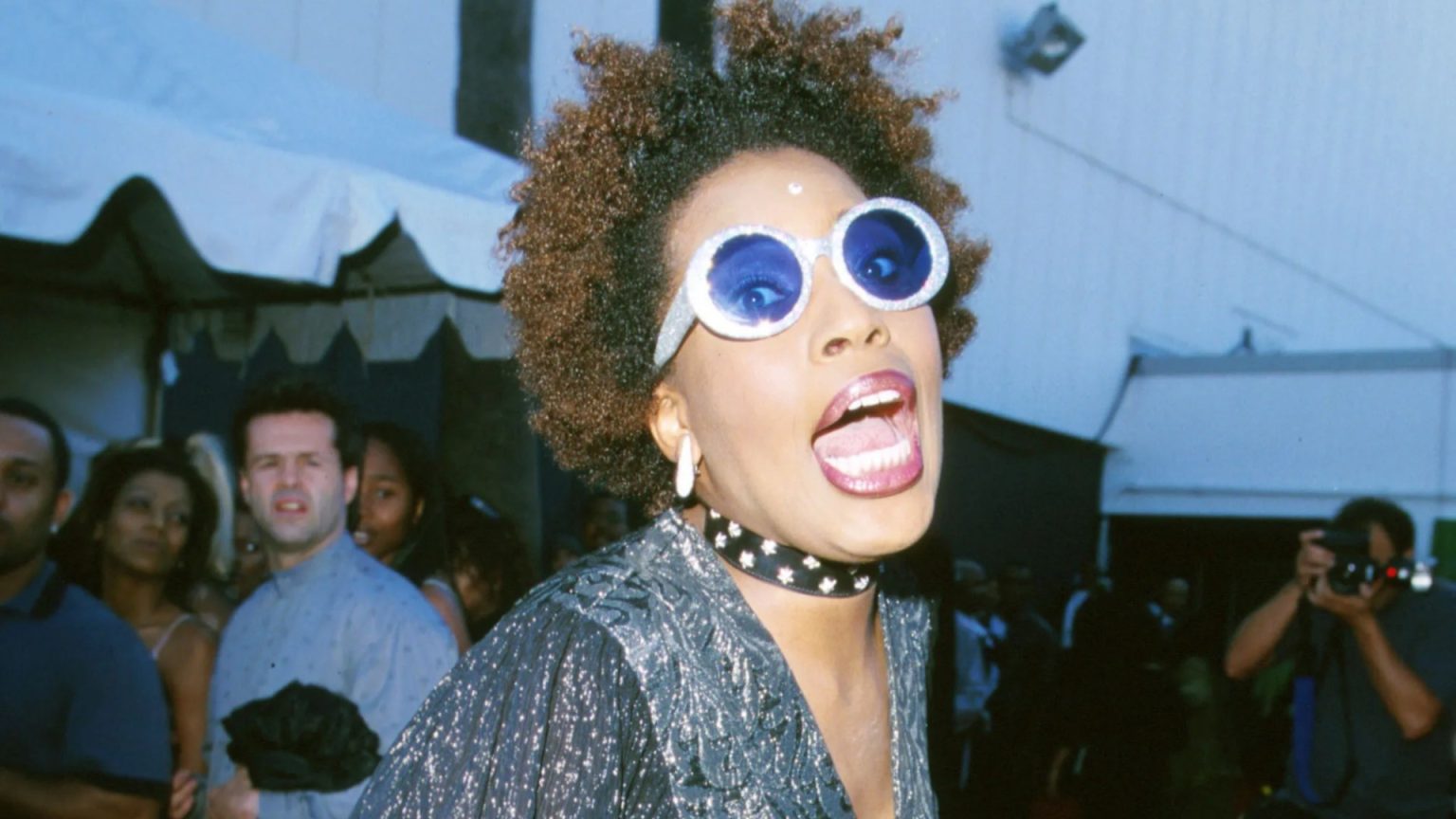Macy Gray, the renowned singer famous for her hit “I Try,” recently caused a stir on the UK version of The Masked Singer with her abrupt exit after being eliminated. Dressed as Toad In The Hole, Gray stormed off stage before unmasking, a behavior echoing her previous outburst on the Australian version of the show three years prior. Production staff spent an hour persuading her to return and reveal her identity, a delay edited out of the broadcast. The awkward encounter with the host and panelists featured curt responses from a visibly miffed Gray. This incident highlighted a pattern of unpredictable behavior that has followed Gray throughout her career, raising questions about her ability to handle fame and the pressures of the entertainment industry.
Gray’s history is marked by both musical success and personal struggles. From humble beginnings in Canton, Ohio, she rose to international stardom with her debut album, “On How Life Is,” garnering Brit Awards and a Grammy. However, her rise was intertwined with controversies, including forgetting the lyrics to the national anthem at a football game and clashing with renowned photographer Lord Snowdon, who labeled her the “rudest person” he had worked with. These incidents hinted at the underlying issues that would later contribute to her erratic behavior. Her admitted struggles with substance abuse, bipolar disorder, and an “over-inflated ego” offer some explanation for her actions.
Gray’s behavior on The Masked Singer is not an isolated incident. Her past is peppered with stories of canceled gigs, rumors of wanting to quit Dancing With The Stars before even appearing, and perplexing television interviews. These incidents raise concerns about her mental and emotional well-being, painting a picture of a talented artist grappling with the pressures of fame and her own personal demons. The contrast between her undeniable talent and her unpredictable behavior creates a complex and intriguing persona.
Her recent outburst on The Masked Singer seems to be fueled by the disappointment of early elimination, especially after a successful run on the US version of the show where she finished fourth. This suggests a competitive spirit and perhaps a vulnerability to the sting of rejection, particularly given her past struggles and fluctuating career trajectory. The incident highlights the emotional toll that the entertainment industry can take on its performers, even those who have achieved significant success.
The reaction to Gray’s outburst ranged from criticism of her “diva” behavior to amusement at the absurdity of a six-foot toad storming off stage. Host Joel Dommett found the humor in the situation, while others saw it as further evidence of her difficulty navigating the pressures of fame. Despite the negative attention, the incident also served as a reminder of Gray’s unique voice and undeniable talent, solidifying her status as a memorable, albeit unpredictable, figure in the music world.
Macy Gray’s story is a cautionary tale about the challenges of fame and the importance of seeking help for personal struggles. While her talent has undoubtedly brought her success, her inability to manage her inner demons has created a pattern of self-sabotage, hindering her career and impacting her public image. The Masked Singer incident is just the latest chapter in a long and complicated narrative, one that raises questions about the responsibility of the entertainment industry in supporting the mental health of its performers and the need for individuals to prioritize their well-being above the pressures of fame.




